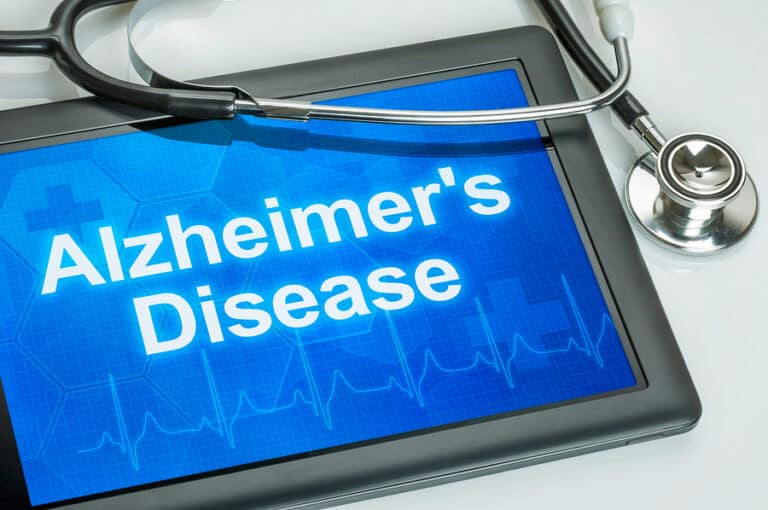More and more research is done on Alzheimer’s disease every year in order to understand it and to possibly find a cure. When you and your senior start to notice the signs of Alzheimer’s disease, it’s important to get an accurate diagnosis right away to speed up possible treatment options.
Forgetting Important Information Often

Everyone can forget something important, but when your senior is forgetting important information often that can be a sign that something else is going on. This is especially troubling if your elderly family member is asking the same questions repeatedly, sometimes without realizing that she has asked for that information already.
Excessively Worrying about Memory Issues
Often your senior knows that she’s having memory issues before they become apparent to other people. What you might start to notice is that she seems overly preoccupied or worried that she might lose her memory. This isn’t always a sign of Alzheimer’s disease, but it’s something to look deeper into.
Trouble with Situations that Were Never a Problem Before
When your aging family member suddenly has trouble managing situations that she’s had no problem with before, something has changed. This could be situations like paying her bills or going to familiar locations. It’s important to see what might be causing this problem if it’s happening to your senior.
Bad Judgement
Often people with Alzheimer’s disease start to have difficulty making decisions. The choices that your senior starts to make may seem particularly bad or even out of character for her. This can put her into dangerous situations, so it’s important that you try to address what might be going on behind the scenes.
Trouble Following Conversations
Does your senior seem to have trouble following conversations? There could be hearing issues at play, or there could be more going on. Very often people with Alzheimer’s disease have trouble remembering words and phrases and have trouble keeping up with what other people are talking about. You might notice your senior asking questions about what was already clearly stated, for instance.
Mood and Personality Changes
Another potential issue is that you might notice your elderly family member’s personality and moods are changing right before your eyes. Alzheimer’s disease has a big effect on your elderly family member’s ability to self-regulate, which can also impact her relationships with you and with other people.
Refusal to Plan for the Future
Is your elderly family member refusing to talk about the future at all? Some people have great fear about doing so, but it can also be a sign of Alzheimer’s disease. That’s because your senior may not want to talk about what she fears is happening.
If you’re concerned that your elderly family member might be developing Alzheimer’s disease, it’s important to get a diagnosis. From there, home care providers can be a huge help. Elder care can help your elderly family member to remain safe at home and to have routines that support her needs. When home care providers are there with your elderly family member, you can feel more secure that she’s going to have what she needs.
If you or an aging loved one are considering hiring Home Care in Simpsonville, SC, contact Heart of the Carolinas Home Care at 864-991-3116. Providing Home Care Services in Greenville, Simpsonville, Greer, Anderson, Spartanburg, Mauldin, Seneca, Laurens, Charleston, Columbia and the surrounding areas.
- Is it Possible to Prevent Family Caregiver Burnout? - April 25, 2025
- Home Care Assistance Helps Seniors After A Fall - April 9, 2025
- How Home Care Supports Seniors Who Are Hard of Hearing - March 28, 2025

